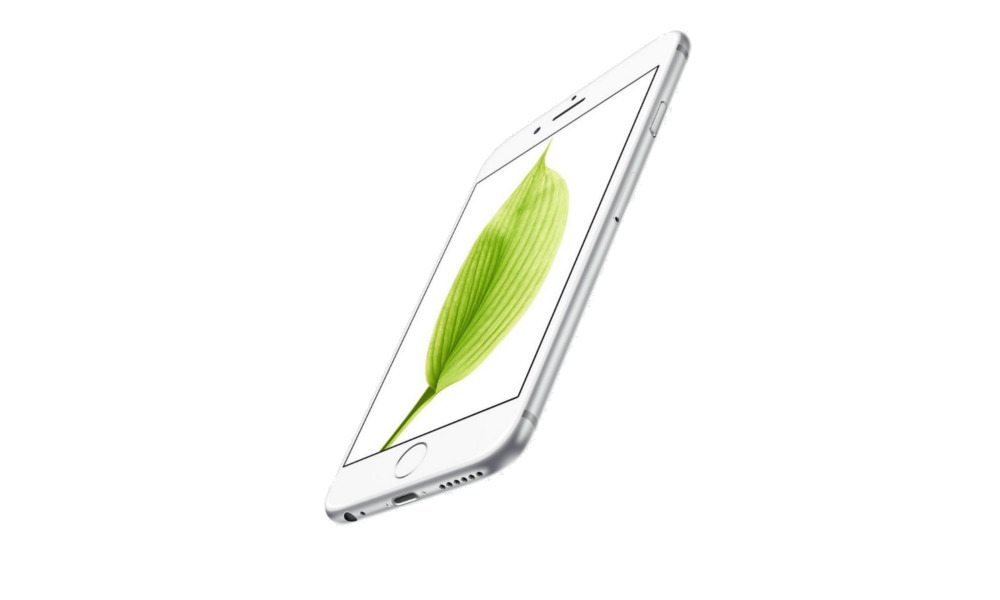iPhone 6 Owners Plagued By ‘Touch Disease’ Are Suing Apple

Toggle Dark Mode
Apple products are world-renown for their user-friendly interfaces as well as sleek designs and tech-forward specs. However, occasionally some Apple products will fall short of their reputation for perfection and ultimately underperform through either a hardware or operating system flaw; case in point: the latest issue known as “touch disease” is rendering a number of iPhones unusable. And now, many of those people are suing Apple because of it.
“Touch disease” is a problem that affects iPhone 6 and 6 Plus models; where the screen essentially becomes unresponsive to any touch or swipe functions, making the mobile device completely useless. While a number of sources have hypothesized that this is due to dropping the device or “bendgate”, there have also been reports of “touch disease” plaguing completely normal devices.
And the problem isn’t isolated to a small number of devices. In fact, according to AppleInsider, around 11% of iPhones have been brought in for repair. And unfortunately, Apple retail employees and Apple Geniuses cannot fix the issue; the only solution Apple can provide is to replace the device. Because of this, a number of iPhone 6 and 6 Plus owners have filed a lawsuit against Apple, claiming that the company was aware of the defect yet did nothing. According to the lawsuit:
“As a result of Apple’s unfair, deceptive and/or fraudulent business practices, owners of the iPhones, including Plaintiffs, have suffered an ascertainable loss of money and/or property and/or value. The unfair and deceptive trade practices committed by Apple were conducted in a manner giving rise to substantial aggravating circumstances.”
The statement goes on to detail how Apple knew the devices were faulty, and that they released smartphones where the Touch IC chips were not properly secured to the phone’s logic board. This could be because Apple opted for sticker shields as opposed to the rigid metal backing used in previous iPhone models, as noted by iFixit. And thus, when the chips detach or loosen due to standard use, “touch disease” takes hold.
Apple has yet to release an official statement in response to the lawsuit. Which isn’t entirely surprising, considering that they have been relatively quiet in response to questions and concerns about “touch disease” for the past few months.






